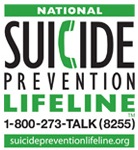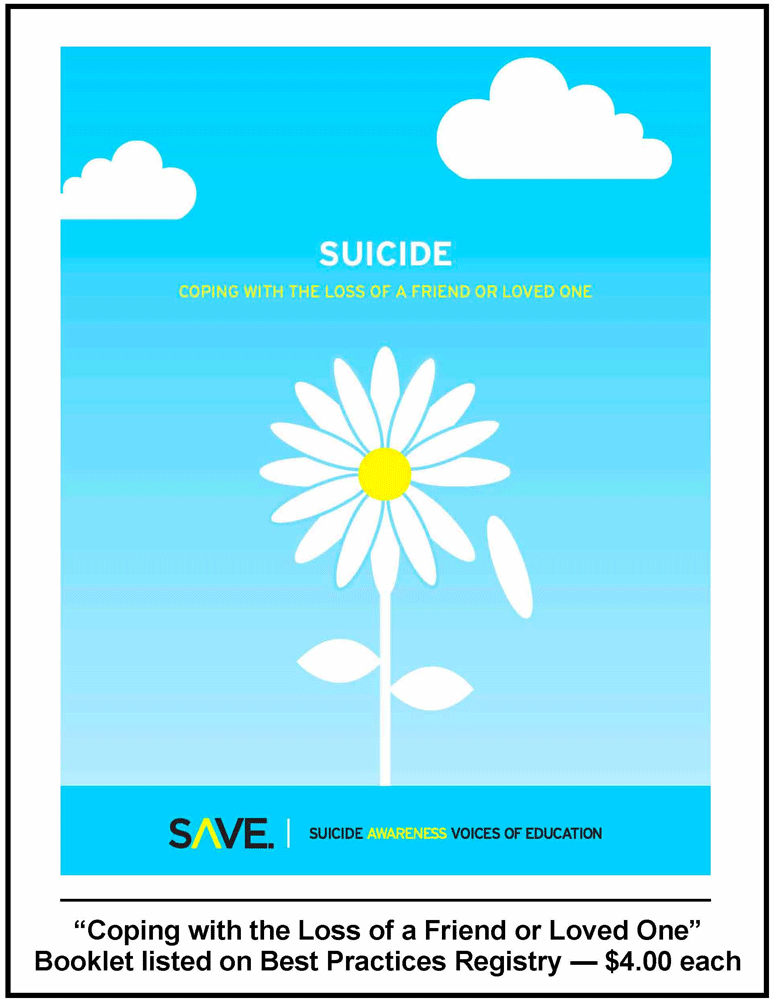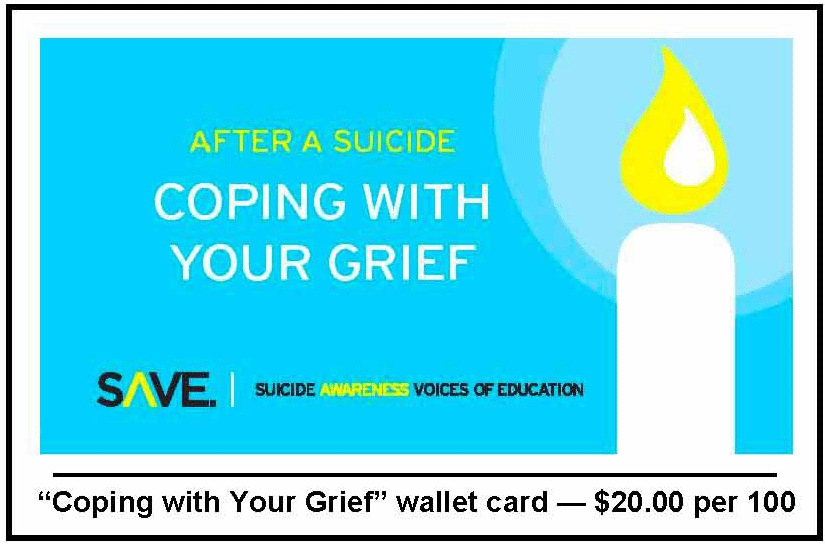20-Year Review: Peer Groups Helpful
At a brainstorming session among national leaders of the suicide survivor community and other experts, which SAVE organized this spring in Portland, one need identified as being of utmost importance was, as Kim Ruocco of TAPS put it,
We need to know more about what about a support group makes it healing.
Ruocco's declaration was echoed repeatedly by others during the Portland meeting, and a recently completed review of 20 years of literature on peer-support services in the mental health field emphatically confirms the need for more and better research on support groups:
It is safe to conclude that of those people who engage in peer delivered interventions in groups regularly, benefits do accrue in the areas of abstinence from substance abuse, stability of psychiatric symptoms, self esteem, self efficacy, empowerment, quality of life, perceived social support, satisfaction with services, medication adherence, reduced criminal justice involvement ... [However,] if the field is to move forward and be adequately reviewed as an evidence-based practice, future research activities should focus on improving the state of our understanding of peer delivered services.
At last year's SAVE Suicide Survivor and Bereavement Leadership Summit, two of the opportunities identified for strengthening suicide grief support in communities across the country focused on Suicide Bereavement Support Groups (one was to help SBSGs function as a network; the other was to develop best practices for support groups), and a third opportunity named as a priority for developing the field was,
The group expressed a strong belief in advocating for a research agenda focused on the needs of people bereaved by suicide. They noted that improving the care delivered to people bereaved by suicide is vital to the cause of suicide prevention, and that research must be done to establish a foundation for the field of suicide bereavement support.
Links to a number of free resources for SBSG facilitators are available here.
- Franklin Cook's blog
- Log in to post comments






Recent comments